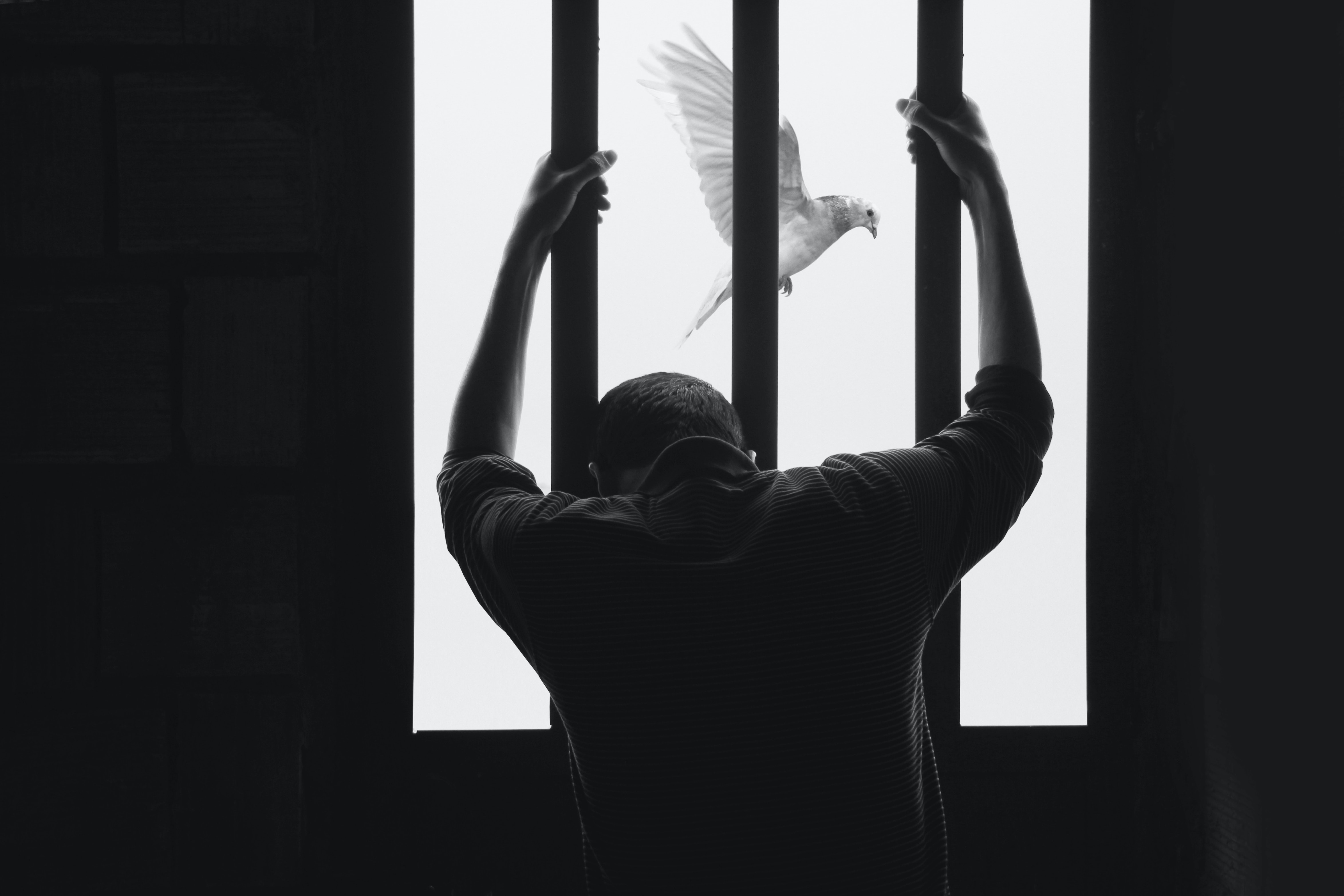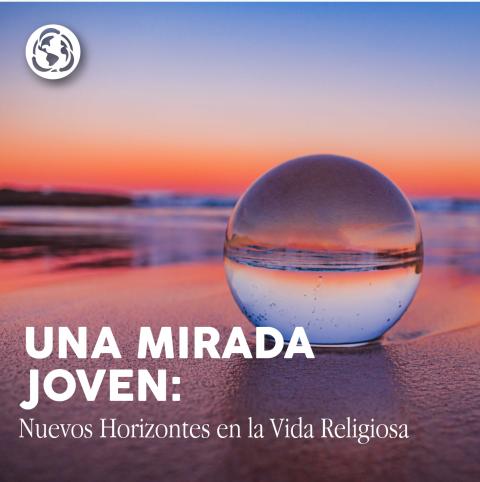
(Unsplash/Hasan Almasi)
Never before had I so vividly experienced the words of Isaiah: "I have come to preach good news to the poor, to set the captives free, to set the prisoners at liberty" (Isaiah 61:1). This realization struck me, especially on that particular Tuesday, when I heard these words from the mouths of more than 100 men condemned to spend their days behind prison walls. A sister from my community and I received an invitation to spend a day of retreat with them, with the intent to understand what it means to receive the Savior while living in prison.
We passed through the black gate of the prison accompanied by Sisters Teresa and Carlota, two women who have adopted the Gospel as a radical rule of life, choosing to spend the majority of their time behind bars. They stay there with those who have been deprived of their freedom, hoping that this simple, daily companionship can lead them toward the liberation that lies beyond physical barriers.

Past the gate, we went through a multitude of doors locked with keys, padlocks and bolts. We had to identify ourselves several times to police officers who took our fingerprints, examined our identity documents, ran any object we carried through a metal detector, and even searched us to check that we were not bringing anything forbidden into the prison.
We crossed a narrow alleyway painted with brightly colored Peruvian images and reached a small square surrounded by four or five cell pavilions. Among the closed doors of the pavilions, one stood wide open, revealing a small chapel presided over by the exposition of the Blessed Sacrament. Teresa and Carlota, the accompanying nuns, prioritized entering, displaying serene piety as they paused for a few minutes before the Lord.
We joined them in song, and as they sang, those men labeled as criminals, feared by society, transformed into genuine children. With eyes half-open and faces reflecting sincere emotion, they sang with resolute voices a song proclaiming, "Stand up and lift up your heads, your liberation is near." Their conviction permeated the music, infusing the Word with life. As they later shared with us, many had plunged into the deepest abysses, and right there, in the dark place of their helplessness, Christ found them. He raised them up, compelled them to lift their heads once more, and offered a glimpse of liberation.
We joined them in song, and as they sang, those men labeled as criminals, feared by society, transformed into genuine children ... Christ found them … and offered a glimpse of liberation.
We were immediately ushered into the "auditorium" where the retreat was to take place. Guiding us were young men in blue vests labeled "Missionaries" on their backs. These individuals also live in prison, but they encountered Christ within those walls, and since that pivotal moment, they have embraced a freedom they never deemed possible. Presently, they devote their lives to explaining the Word, assisting their fellow inmates in embracing faith, and participating in a profound journey of conversion, forgiveness, healing and liberation.
They accompany the small communities that have formed in each pavilion, meeting with them daily to read the Gospel and share, in the light of its message, the experiences of the day, their concerns, what brings them joy, and helps them grow. "For us, this moment is essential in order to sleep peacefully," Lionel tells me. "In the community, we can freely express our thoughts on the Gospel, engage in discussions, share our perspectives and, additionally, we read the theologian, who teaches us a lot."
The theologian they read is the recently deceased Spaniard José María del Castillo, whose writings have deeply influenced the spirituality of these communities. "He helps us to live a true Gospel, not to seek privileges or cronyism in the faith. We do not want to conform but to authentically live the message of Jesus," Lionel said.
In the auditorium, a spacious hall with stone benches and walls worn by humidity and time, approximately 130 prisoners awaited our arrival. As soon as we entered, I felt their grateful and expectant gazes upon us. We do not know their stories, but their faces spoke to us. You could read in them the thirst, the hope and undoubtedly, the bitter pain of each of their lives. The attendees spanned all ages, from young men as early as 20 years old to seniors in their 70s.
Sisters Carmen and Begoña stand in front of the gate of the Miguel Castro prison, in the district of San Juan de Lurigancho, Lima, Peru. (Courtesy of Begoña Costillo)
We spent the morning with them, reflecting together on the messianic prophecies that promise the arrival of the Savior "to preach good news to the poor, to bind up the brokenhearted, to proclaim liberty to the captives and freedom to the prisoners." They absorbed our words as if seeking Jesus himself within them. In reality, we observed the presence of Christ becoming increasingly evident and tangible in their gestures, tired breathing and eyes exhausted yet unwavering in hope. Jesus seemed to manifest among them because, as the Word assures us, he came for them and remains with them.
As they sang and counted, some couldn't contain their tears. These tears came from the sadness of being separated from their children, wives or mothers, stemming from an acute awareness of the mistakes made and the immense, incalculable consequences of such missteps. Others wept out of gratitude. These tears represented a specific joy transcended by a pain that had already been redeemed, thereby becoming the gateway to true inner freedom.
At the end of the day, we asked them if they genuinely believed that Jesus could save them. Several responded with poignant depth: "Sister, Jesus has already saved me by bringing me to this prison, and taking me away from the bad things I was doing before." In sharing the day with these men, we have touched the flesh of the Word, the living body of Christ who comes to be God with us, allowing us to perceive His hand touching the lives of those who plead to be freed, comforted, healed. In them, this Christmas, I have witnessed Jesus becoming incarnate.
This story was originally published in Spanish on Dec. 26, 2023.







